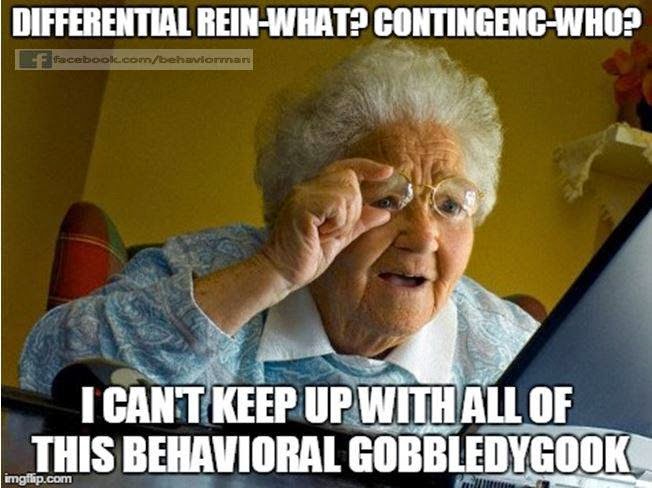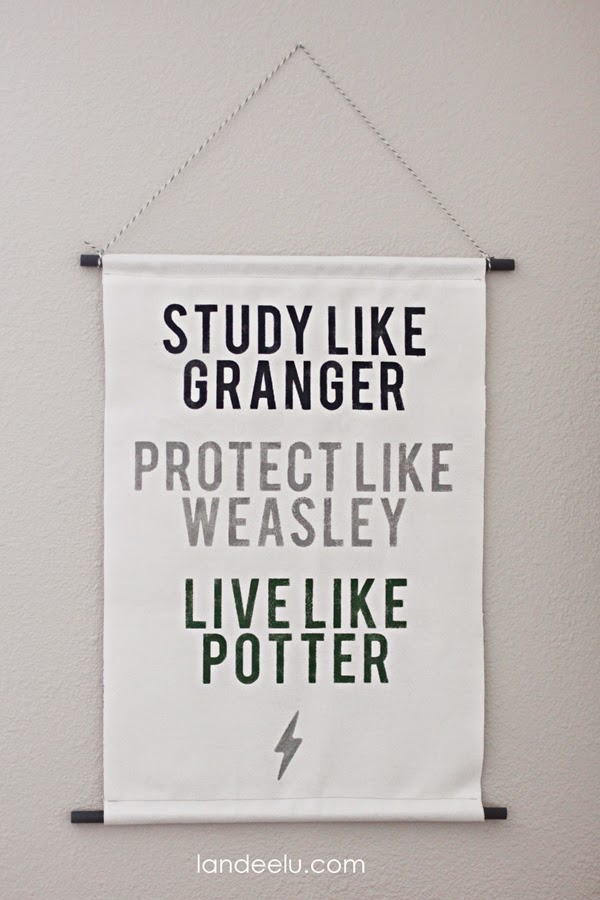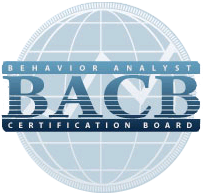Weird title, yes? I have heard over and over in schools that maintaining order in a classroom is like herding cats. Just imagine that for a minute: cats going every which direction and one poor individual to try to group them all together. How do you get them to comply AND learn?
Teachers I get where you are coming from! It is extremely hard to see 100+ students a day who you are responsible to teach and keep engaged in the material. You are expected to follow a lesson plan, remember every accommodation for students who need them, grade all of their work, stay in contact with the families, attend staff trainings....etc etc etc.
The last thing a teacher would want to do is to have a BCBA come in a say "Hey we are going to start to take data on the classes behavior." Now before you flip the table let me explain why and how simple it can be done.
GROUP CONTINGENCIES Y'ALL
What is a group contingency?
When reinforcement is provided for a group based on one or more of the groups responding.
Are there different types of group contingencies?
There are three types all have different protocol for the group to receive reinforcement:
- Independent Group Contingency: reinforcement is available for the whole group but is provided only to those who respond.
- Interdependent Group Contingency: reinforcement is provided based on responding of the entire class (if everyone does it we all get a prize).
- Dependent Group Contingency: reinforcement is provided based on the responding of one member of the group or a select group within the class.
Cool Meghan you just gave me a bunch of jargon, how does this apply to running a classroom?
Its time for a practical example
Target Behavior: you want to increase weekly test scores.
Reinforcement: the class will not be given homework over the weekend (negative reinforcement)
Here's how each group contingency would provide reinforcement:
Independent: for each student who gets an 80% or above on the weeks test, they will not be given homework. Any student who has 79% or below will be assigned homework.
Dependent: After the tests are scored the teacher will pick a test at random and if it has a score of 80% or above the class will not receive homework over the weekend.
Interdependent: if everyone in the class scores 80% or above the whole class will not have homework over the weekend. Although if one member of the class receives a grade of 79% or below the entire class will be assigned homework.
What else should I consider if I want to run a group contingency?
If using a dependent or interdependent group contingency make sure to put in safe guards for the student. Remember the entire class is counting on one person or a small group of people to get their reinforcement. If that student does not meet the criteria and the class losses out on reinforcement (no homework on the weekend) they could be socially punished by their peers.
Here are some of the ways to ensure that this isn't punishing:
- Have a TA grade the tests and select one at random and put the grade on your desk (no name provided)
- Write down all of the grades on post-its, fold them up and put them in a hat. Have a student pick a piece of paper and reveal the grade.
Also make sure that your target behavior is reasonable for the entire class. Your data will reflect if any student is repeatedly losing the opportunity for reinforcement.
Lastly, make this fun for your students! With the right group contingency, clearly written protocol, and ethical considerations this is an easier/effective way to effect group responding.
Now, who is excited about group contingencies?













































